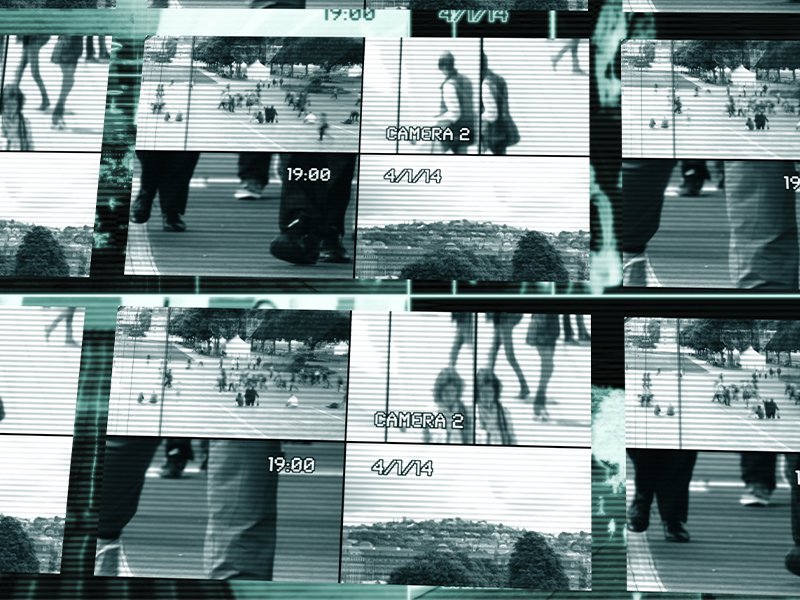In an era when remote work has become the norm for many professions, it’s intriguing to see how the legal field is catching up. Having closely observed the industry’s technological advancements, I find one of the most fascinating developments to be the rise of remote video depositions. As someone passionate about innovation and efficiency in the legal process, I can tell you that this trend isn’t just a pandemic-induced anomaly; it’s a seismic shift offering manifold advantages. Here are seven compelling reasons why you should consider embracing remote video depositions.
1. Cost-Effectiveness
Let’s get the most straightforward advantage out of the way first—cost. Anyone involved in legal proceedings knows that the costs can quickly snowball. Travel expenses for attorneys, witnesses, and experts can consume a significant portion of your budget. Remote video depositions cut down these overheads substantially. You no longer need to book flights, reserve hotel rooms, or even commute. Your wallet will thank you.
2. Time-Saving
Time, as they say, is money. Traditional depositions require extensive scheduling, often dependent on the availability of various parties who need to be physically present. With remote video depositions, scheduling becomes remarkably flexible. You can even conduct multiple depositions in a single day, a feat often impossible when travel is involved.
3. Enhanced Accessibility
Consider a key witness who is based internationally or someone with mobility issues. Remote video depositions ensure that distance or physical limitations are not hindrances to gaining valuable testimony. High-quality video conferencing software, offering clear visuals and audio, ensures that the deposition is as effective as an in-person meeting.
4. Quick Access to Expert Testimonies
In specialized cases that require expert opinions, finding the right expert can be a challenging task. Even when you do find them, their availability and geographical location can create logistical nightmares. Remote video depositions remove these barriers, allowing you to secure expert testimonies from anywhere in the world.
5. Streamlined Process with Tech Integration
Technological solutions like real-time transcription and digital annotations make the deposition process more interactive and efficient. Platforms specialized for legal proceedings allow seamless integration of documents and exhibits, which can be presented and annotated during the deposition. Essentially, you’re not just moving the deposition online; you’re enhancing it through technological capabilities.
6. Safety Considerations
While initially popularized due to pandemic restrictions, the safety advantages of remote video depositions extend beyond infectious diseases. Consider volatile cases where emotions run high, or situations involving vulnerable witnesses. Remote video depositions offer a layer of safety and emotional comfort that a courtroom often cannot.
7. Environmental Benefits
Lastly, let’s not forget the environmental impact—or rather, the reduction of it. Less travel means fewer carbon emissions, and digitized documents translate to less paper consumption. Opting for remote video depositions is also a step toward a more sustainable legal practice, a consideration that is increasingly relevant in today’s world.
The Final Verdict
So, is the remote video deposition the future? In my opinion, absolutely. While it may never entirely replace the need for in-person depositions, its advantages are too numerous to ignore. From cost-saving to enhanced accessibility and safety, the benefits speak volumes.
However, as with any technological adoption, there’s a learning curve. Issues of cybersecurity, ensuring the quality of video and audio, and preserving the integrity of the deposition process are all challenges that need addressing. But these are surmountable obstacles in the path toward a more efficient, accessible, and modern legal system.
Whether you’re an attorney, paralegal, or someone interested in the ever-evolving landscape of legal technology, remote video depositions offer an exciting realm of possibilities. This isn’t just a fleeting trend; it’s an evolution of how legal procedures adapt to the contemporary world. So, if you haven’t yet considered it, now is an excellent time to start.





